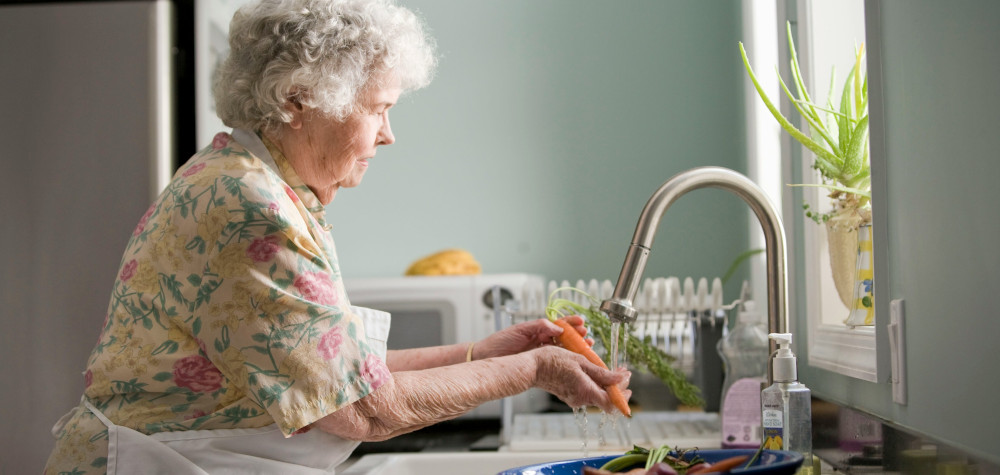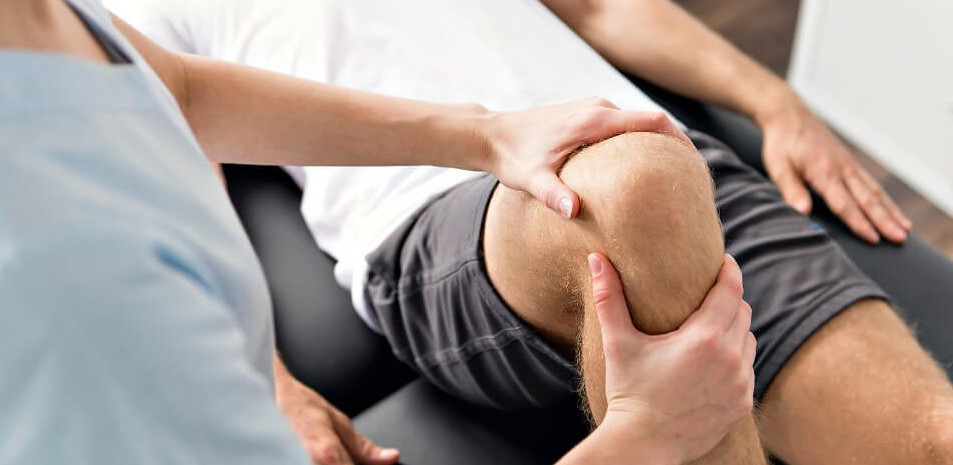Recovery guidelines for knee replacement are crucial for patients who are having this life-changing surgical procedure. A comprehensive awareness of the process can significantly impact your whole experience, from preparing your house for post-surgery rehabilitation to effectively managing pain and implementing long-term recovery methods.
What Is Knee Replacement Surgery?
Knee replacement surgery is a medical procedure that involves replacing a damaged or worn-out knee joint with an artificial joint. Knee replacement surgery, or knee arthroplasty, is a medical operation that involves replacing damaged or diseased portions of the knee joint with artificial components. This surgical procedure is commonly advised for those who suffer from severe arthritis or injuries that result in prolonged discomfort and restricted movement. Knee replacement surgery seeks to restore function, alleviate pain, and enhance overall quality of life by substituting damaged joint surfaces with prosthetic implants.

How to Prepare Your Home for Post-Surgery Recovery
It is essential to properly prepare your home for post-surgical recovery to facilitate a seamless and comfortable transition following knee replacement surgery. To provide a secure and nurturing atmosphere, consider implementing the following alterations:
- Eliminate impediments and disarray to establish unobstructed routes for effortless movement.
- Install handrails or grab bars in restrooms and staircases to enhance stability and provide additional support.
- Position crucial objects within proximity to reduce the necessity of stooping or stretching.
- Coordinate support for domestic responsibilities, such as cooking and tidying, throughout the initial phase of healing.

Pre-Surgery Steps for a Successful Knee Replacement
Before undergoing knee replacement surgery, it is crucial to take proactive measures to enhance your health and prepare for the treatment. Stick to these preoperative recommendations to achieve a favorable result:
- Book pre-operative appointments to discuss the procedure, resolve any concerns, and obtain guidelines for pre-surgery preparation.
- Follow the instructions provided by your surgeon on medications, diet, and lifestyle adjustments before the surgery.
- Participate in pre-operative activities recommended by your physiotherapist to enhance the strength of the muscles surrounding the knee joint and to improve mobility.

Anticipated Experiences during the Initial Week Following Knee Replacement Surgery
The initial week following knee replacement surgery is crucial for recuperation and rehabilitation. During this time, you can expect the following:
- Duration of Hospitalization: Most patients typically spend a couple of days in the hospital after surgery to get post-operative care and initiate physiotherapy.
- Pain Management: Post-operatively, it is possible to encounter soreness and inflammation in the knee that underwent surgery. However, these symptoms can be effectively controlled via the use of pain medications that your doctor will provide.
- Rehabilitation will involve implementing physiotherapy activities to enhance the knee joint’s range of motion, strength, and mobility.

How to Manage Post-Surgery Pain
Effectively managing pain after surgery is crucial for ensuring patient comfort and fostering a smooth recovery process. Here are several techniques to mitigate pain and suffering following knee replacement surgery:
- Follow the instructions given by your healthcare practitioner and take the pain medications that have been prescribed to you.
- Administer cryotherapy to the surgical site to mitigate edema and inflammation.
- Enhance blood flow and diminish edema by elevating your leg.
Strategies for Recovering from Knee Injuries in the Long-Term
Aside from providing immediate post-surgery care, applying long-term recovery techniques to maximize results and preserve the well-being of your newly replaced knee joint is crucial. Follow these recommendations to achieve long-term knee recovery:
- Proceed with the recommended physiotherapy activities to enhance the strength of the muscles surrounding the knee joint and to improve flexibility.
- Manage a stable body weight to alleviate strain on the knee joint and avert potential issues.
- Engage in low-impact physical activities like walking, swimming, or cycling to enhance joint health and functionality.
By following these guidelines for knee replacement recovery, you can optimize your recuperation process and attain long-lasting enhancements in knee functionality and overall quality of life.
To receive individualized direction and assistance during your rehabilitation process after knee replacement surgery, please get in touch with South Simcoe Physiotherapy located in Alliston and Tottenham. Our team of seasoned physiotherapists have special interests in post-operative rehabilitation and will collaborate closely with you to create a thorough treatment plan customized to your requirements. Contact us today to arrange an appointment and initiate the initial phase toward a triumphant recovery.

